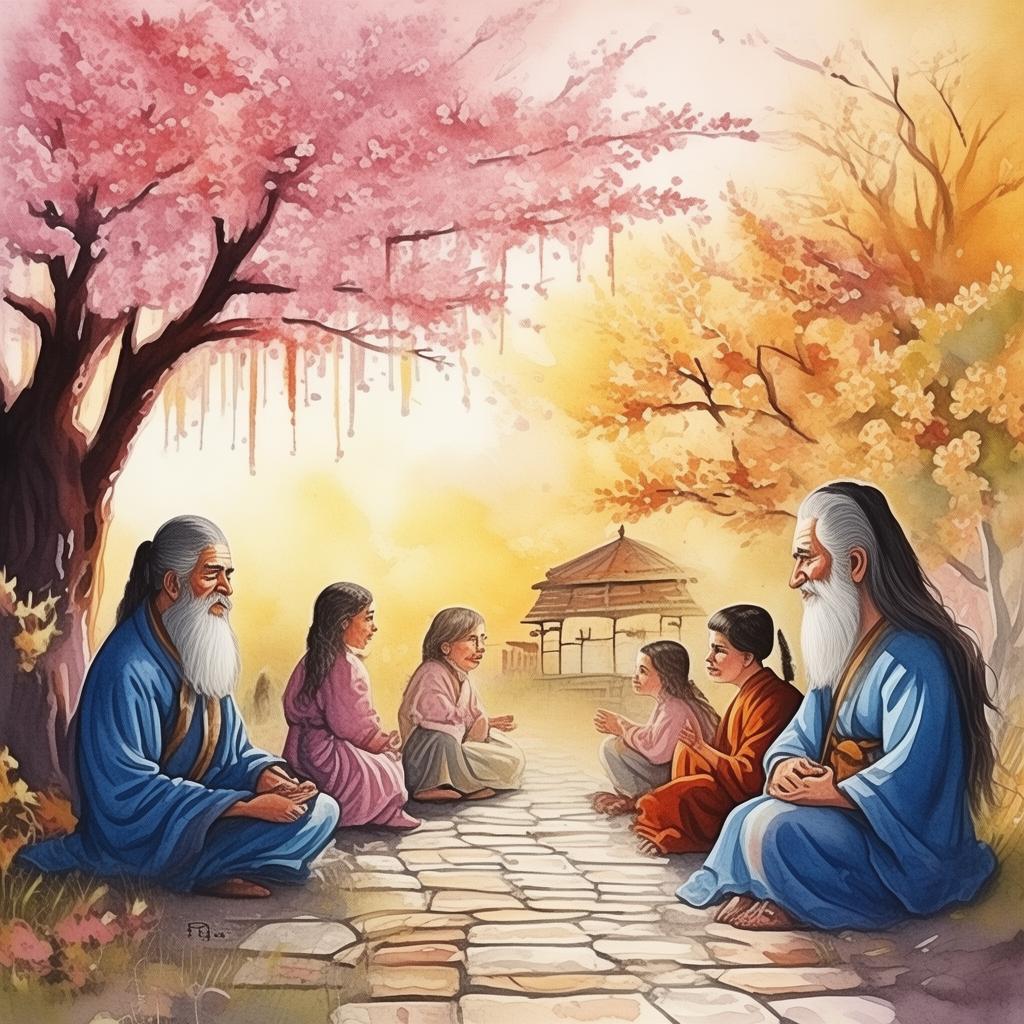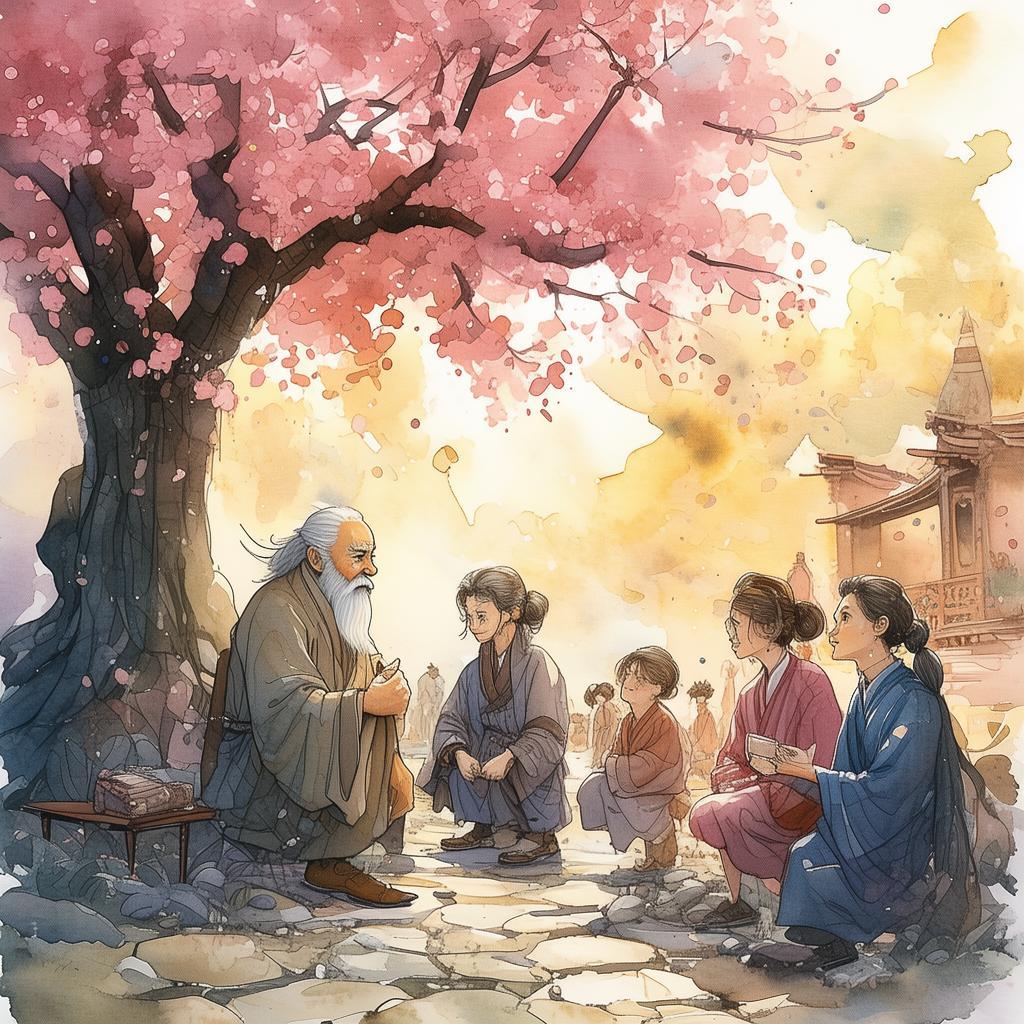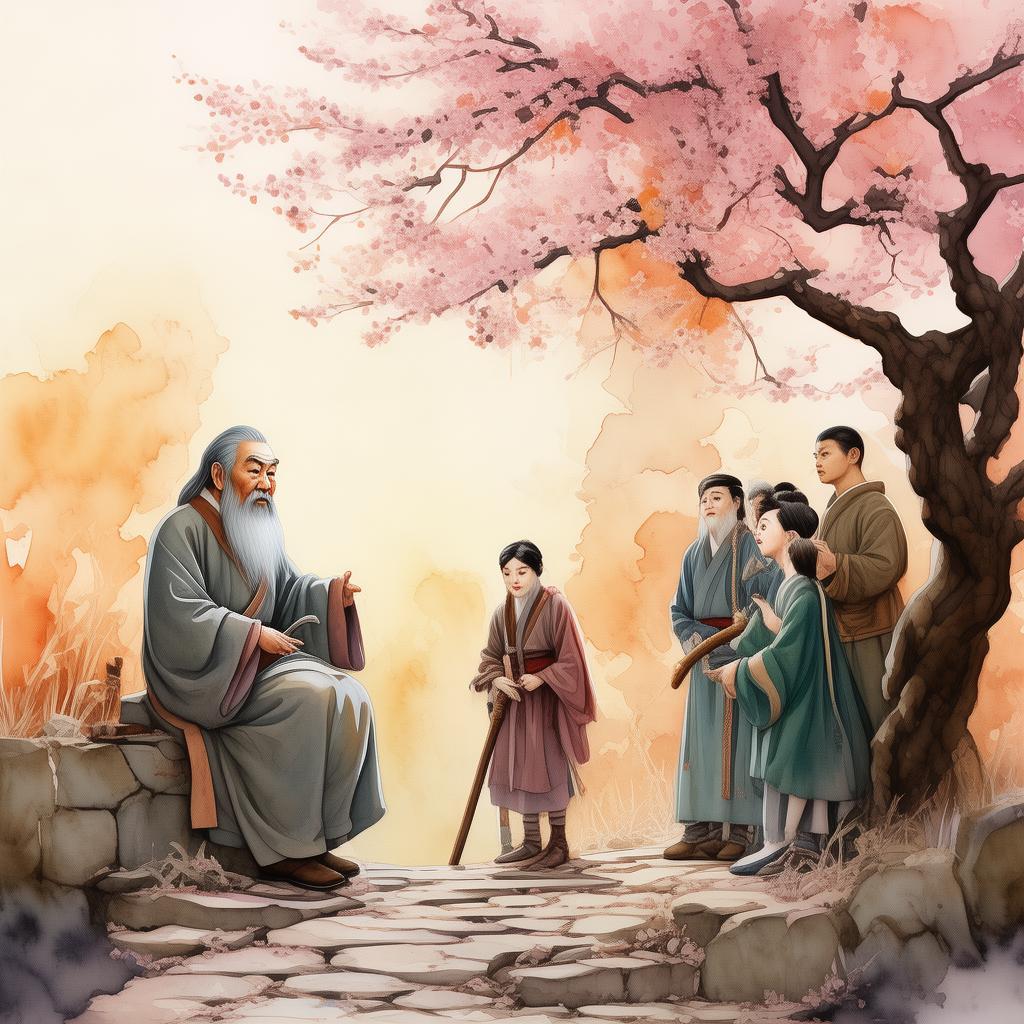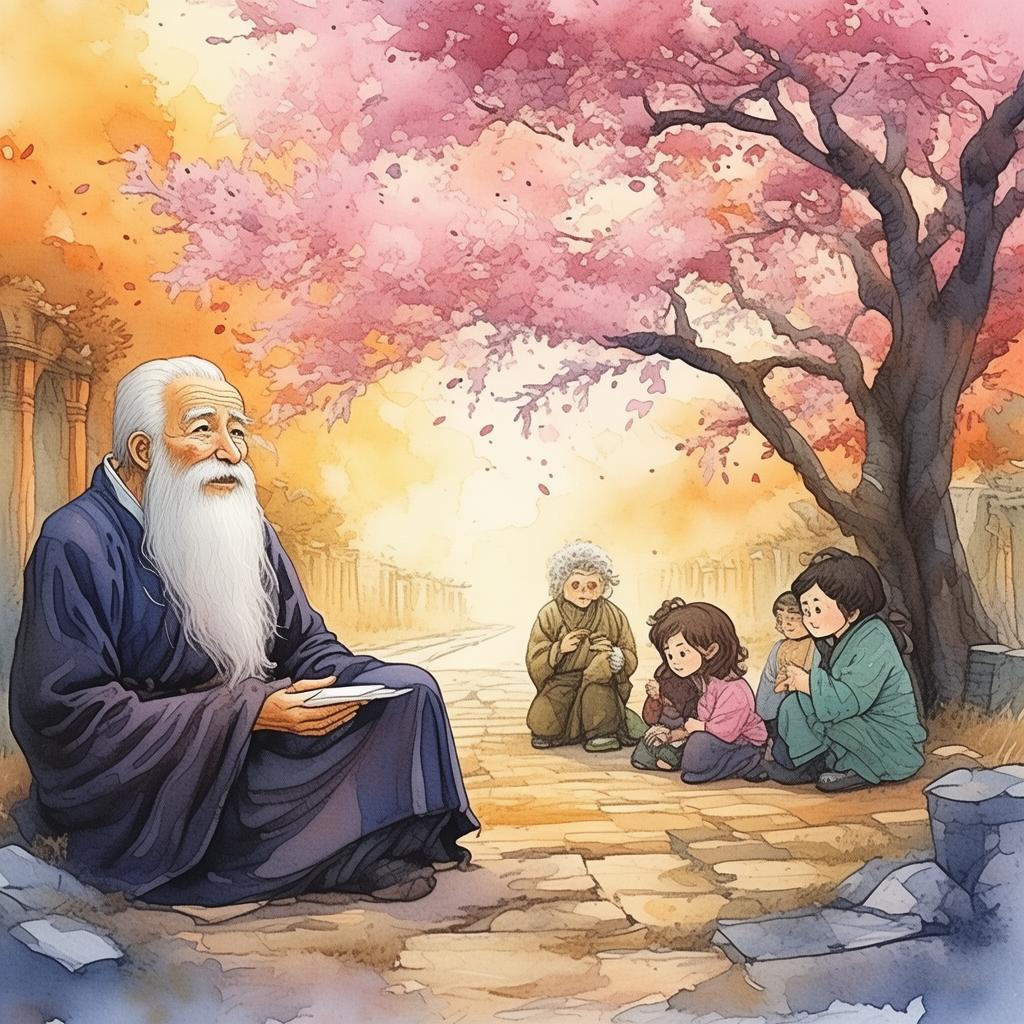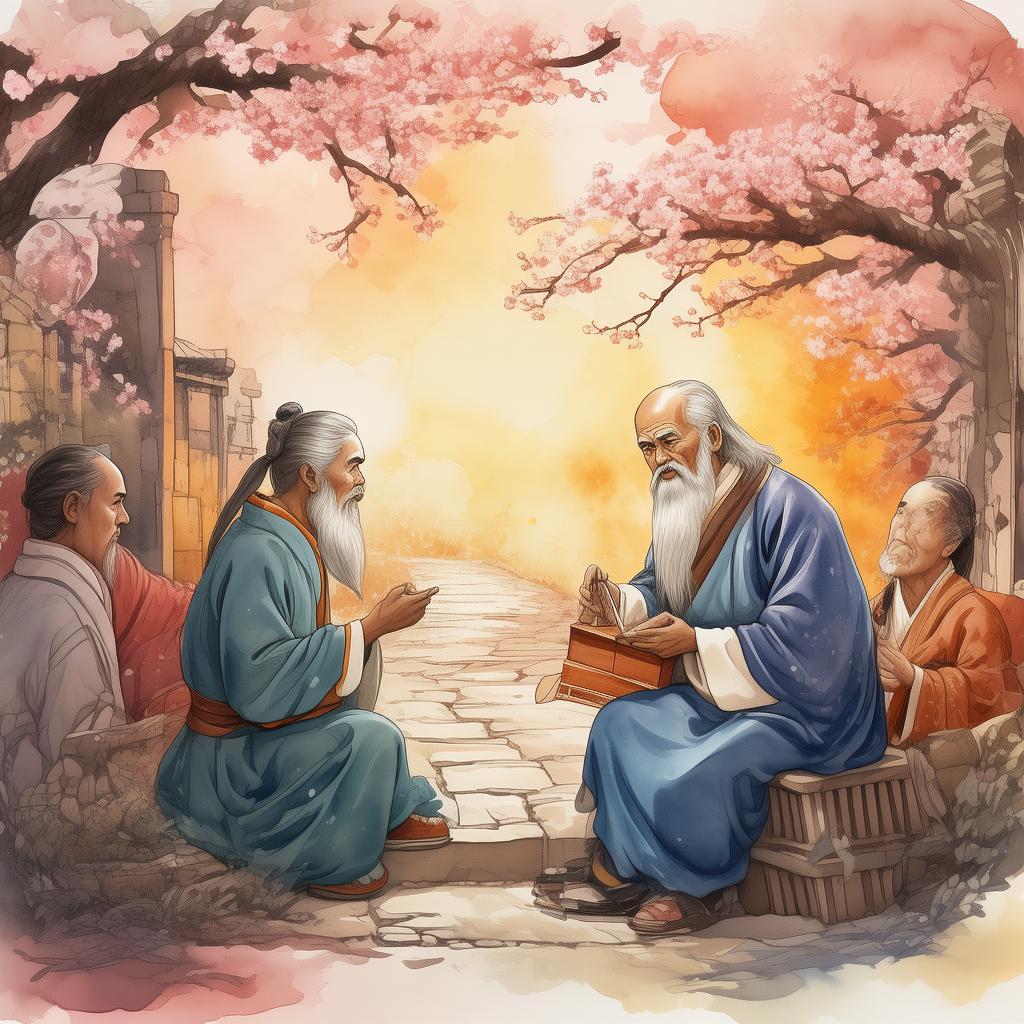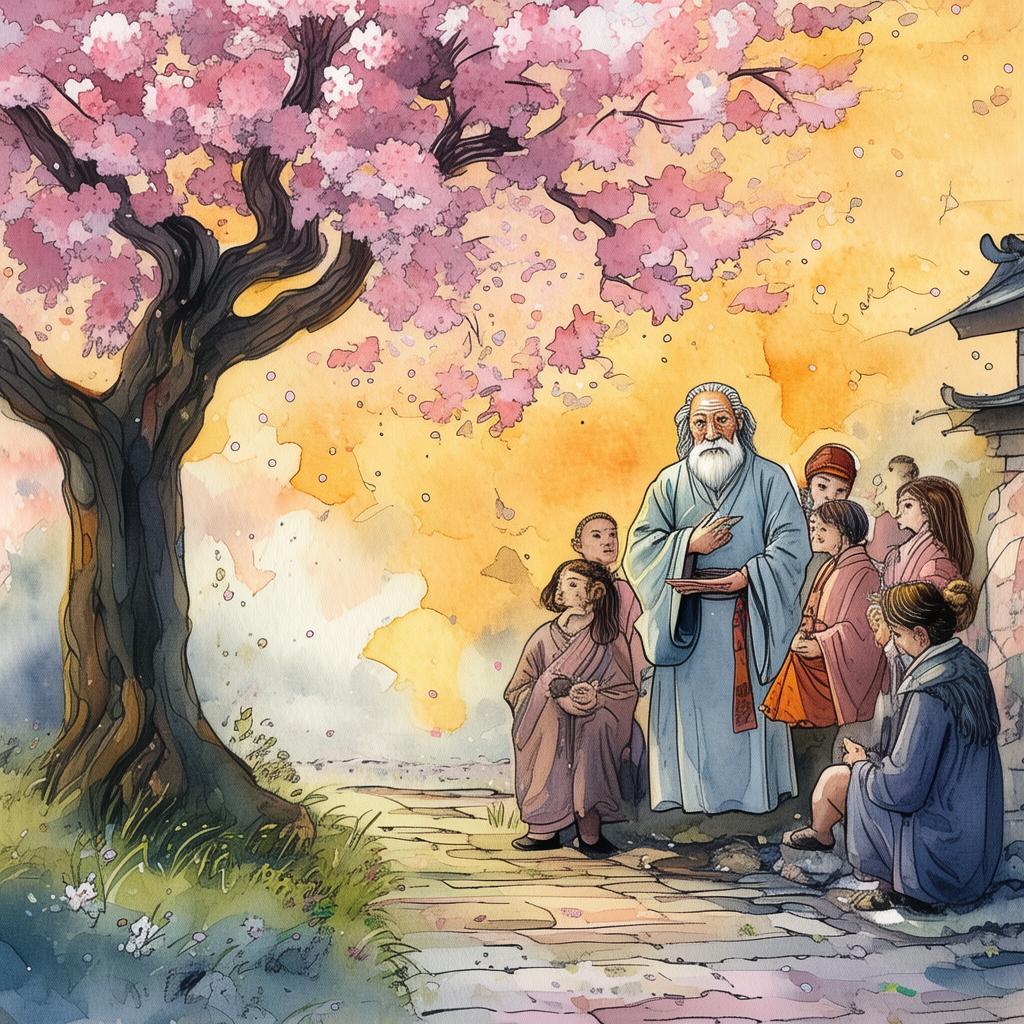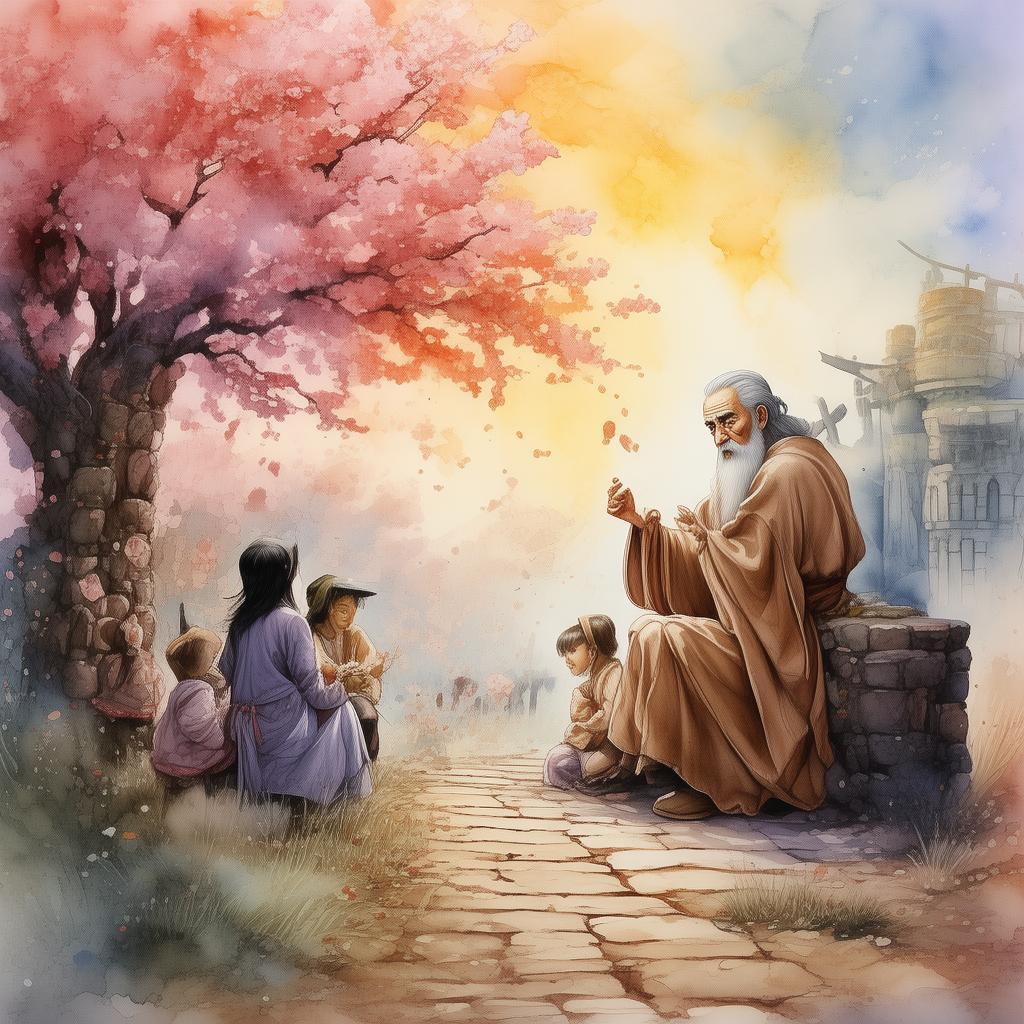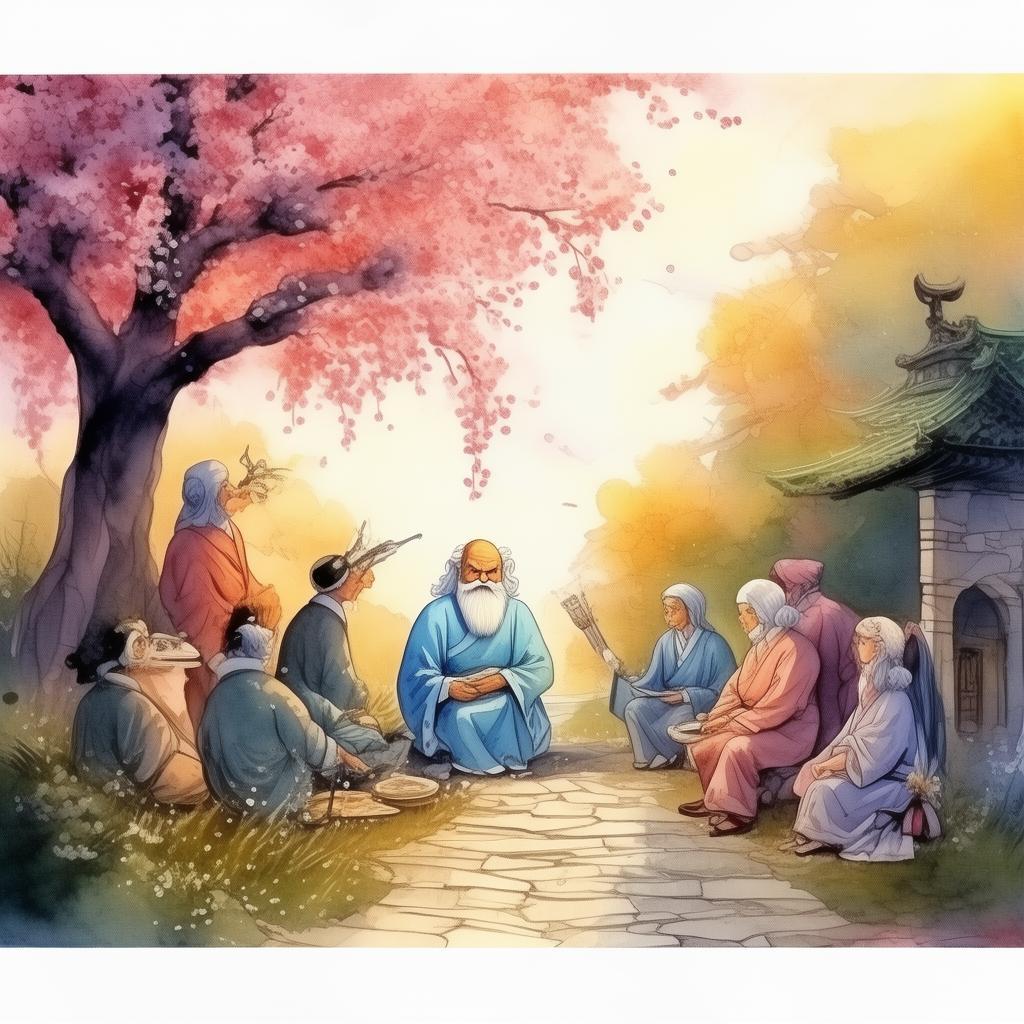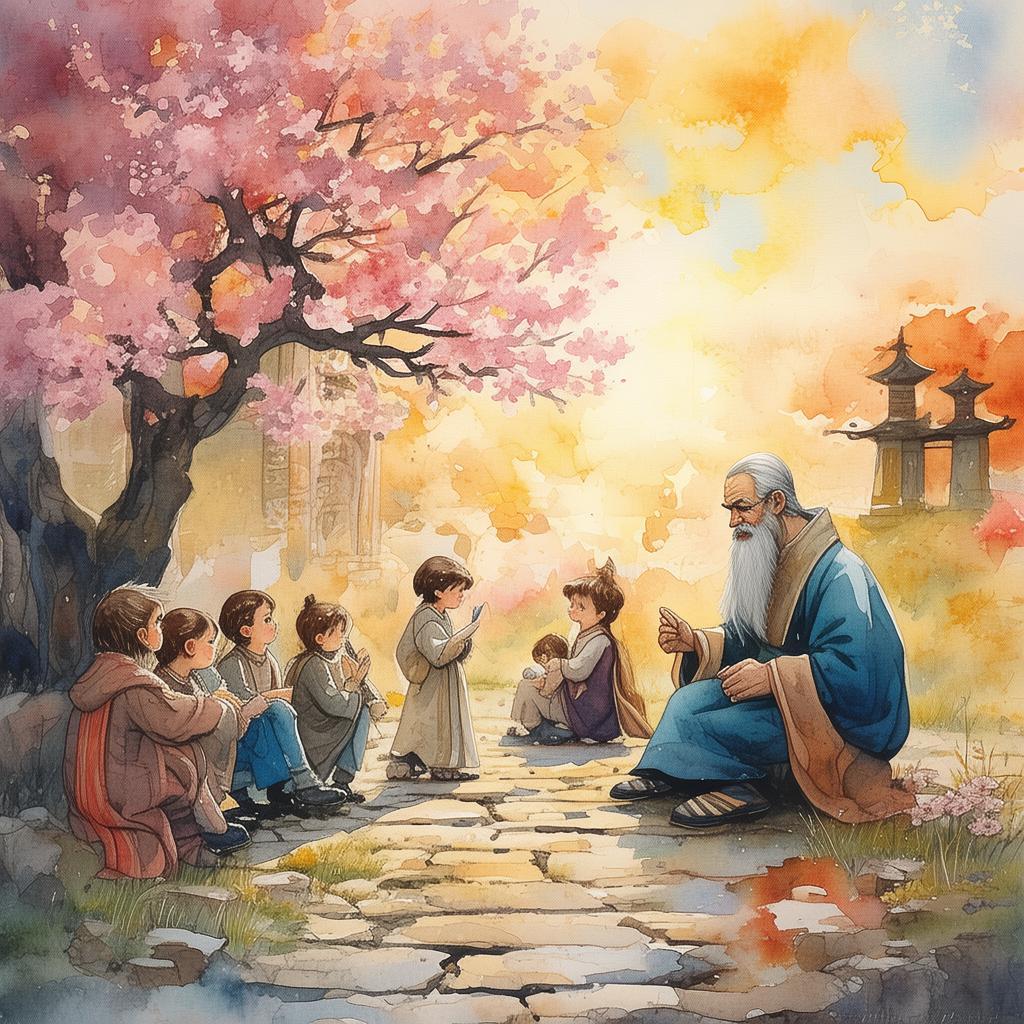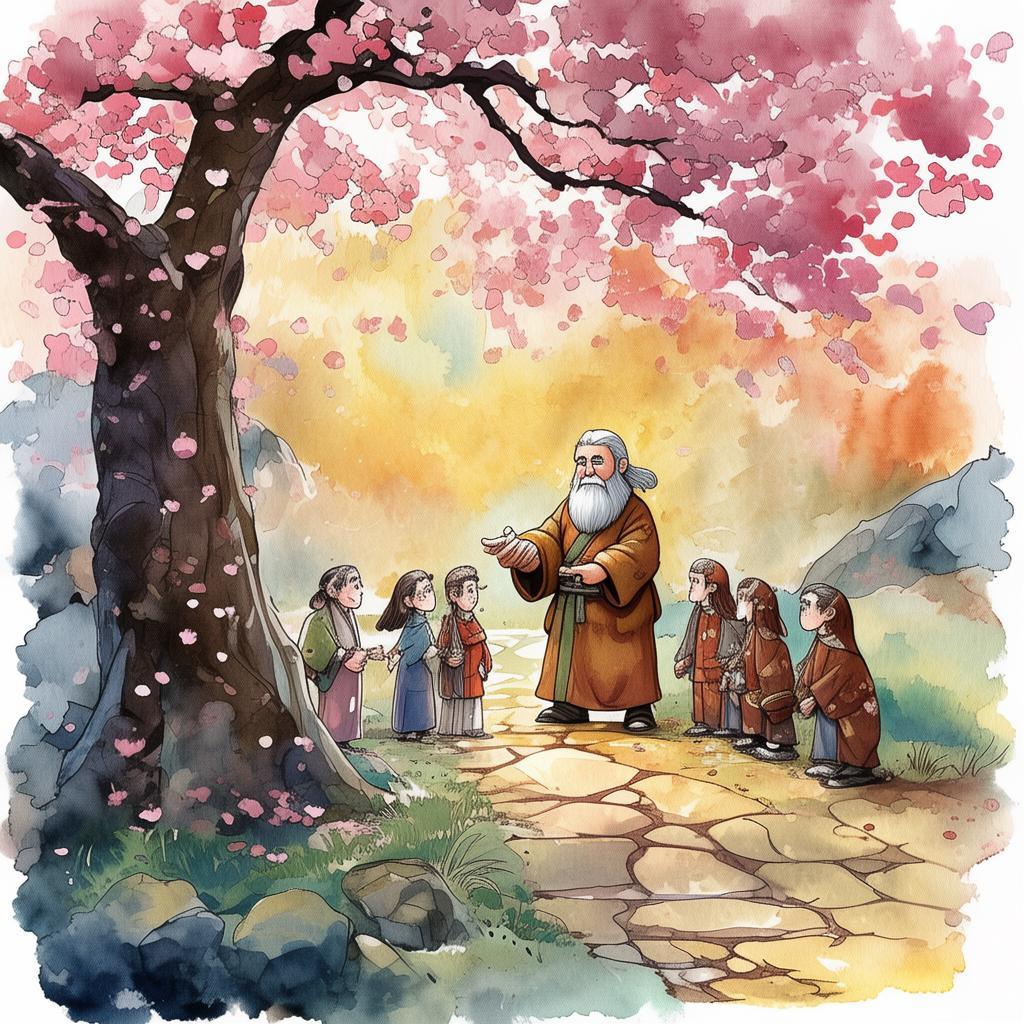Whispers of the Stolen Verse: The Plagiarist's Dilemma
In the bustling city of Jingzhou, amidst the grandeur of ancient architecture and the hum of modern life, there lived a young poet named Ming. Ming was a rising star, his verses weaving tales of love, loss, and the human spirit. His words had the power to move mountains, and his name was whispered in the corridors of literary circles.
One fateful evening, as Ming sat by his window, a shadow fell over him. It was Li, a rival poet whose work was equally lauded but whose temperament was as dark as his poetry. Li approached Ming with a cold smile, "Your latest poem, 'The Nightingale's Lament,' is quite the hit. It's almost as if you've stolen it from me."
Ming's heart raced. "I assure you, it's an original work. I've merely been inspired by nature's beauty."
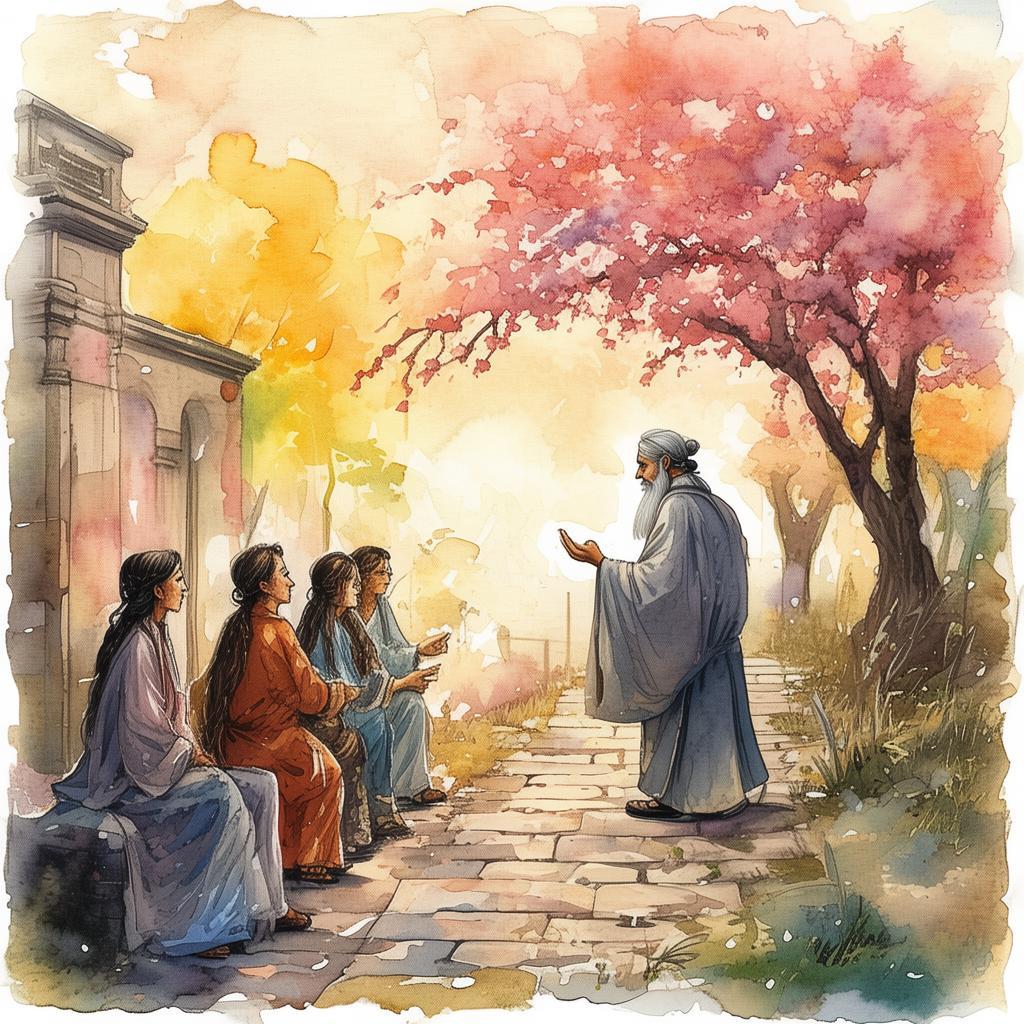
Li's eyes narrowed. "Inspired, perhaps. But I have proof that it's a direct lift from my own 'Silent Symphony.'"
The revelation hit Ming like a ton of bricks. His mind raced as he grappled with the truth. The poem had been a hit, and the success was alluring. But the thought of betrayal gnawed at him. He had to decide: would he accept the plagiarism as a shortcut to fame, or would he face the consequences of his actions?
Ming sought counsel from his mentor, Master Feng. "What should I do, Master?" he asked, his voice trembling.
Master Feng, a wise and elderly man, looked into Ming's eyes. "You must face the truth. Plagiarism is a stain on one's character. If you choose to continue down this path, you will lose your integrity and your place in the literary world."
Ming nodded, understanding the gravity of his mentor's words. He knew he had to make a stand. He approached Li and confessed his mistake. "I am guilty. I have plagiarized your poem. I was blinded by the desire for success."
Li's face softened, but there was still a hint of bitterness. "I understand your temptation, Ming. But remember, a true poet does not steal another's work. Your talent is your own, and it will shine through if you are honest."
Ming returned to his writing desk, his heart heavy. He poured his soul into his poetry, writing with a newfound clarity and depth. His next poem, "The True Melody," was a masterpiece, reflecting the journey of self-discovery and the pain of betrayal.
Word of Ming's redemption spread like wildfire. The literary community was divided, some questioning his sincerity, while others praised his courage. Ming's journey was a testament to the power of honesty and the strength of the human spirit.
As the years passed, Ming's poetry continued to inspire and move people. He became a symbol of redemption, a reminder that even the darkest mistakes could be overcome with the right choices.
In the end, Ming realized that true success was not measured by the number of likes or the size of his audience, but by the integrity and the purity of his heart. And so, he lived out the rest of his days as a poet of profound truth and unwavering honesty, his legacy etched in the hearts of all who heard his verses.
✨ Original Statement ✨
All articles published on this website (including but not limited to text, images, videos, and other content) are original or authorized for reposting and are protected by relevant laws. Without the explicit written permission of this website, no individual or organization may copy, modify, repost, or use the content for commercial purposes.
If you need to quote or cooperate, please contact this site for authorization. We reserve the right to pursue legal responsibility for any unauthorized use.
Hereby declared.
